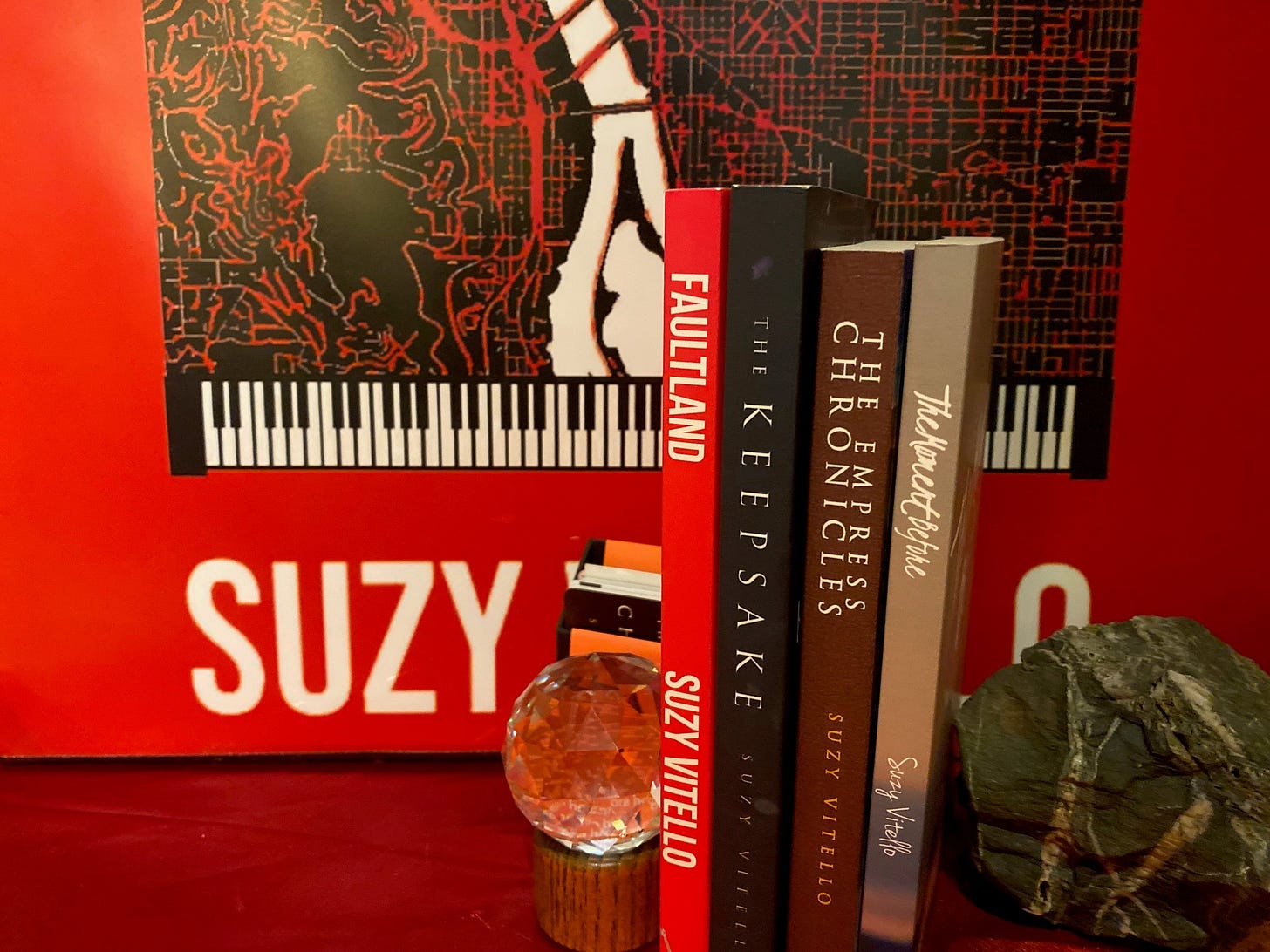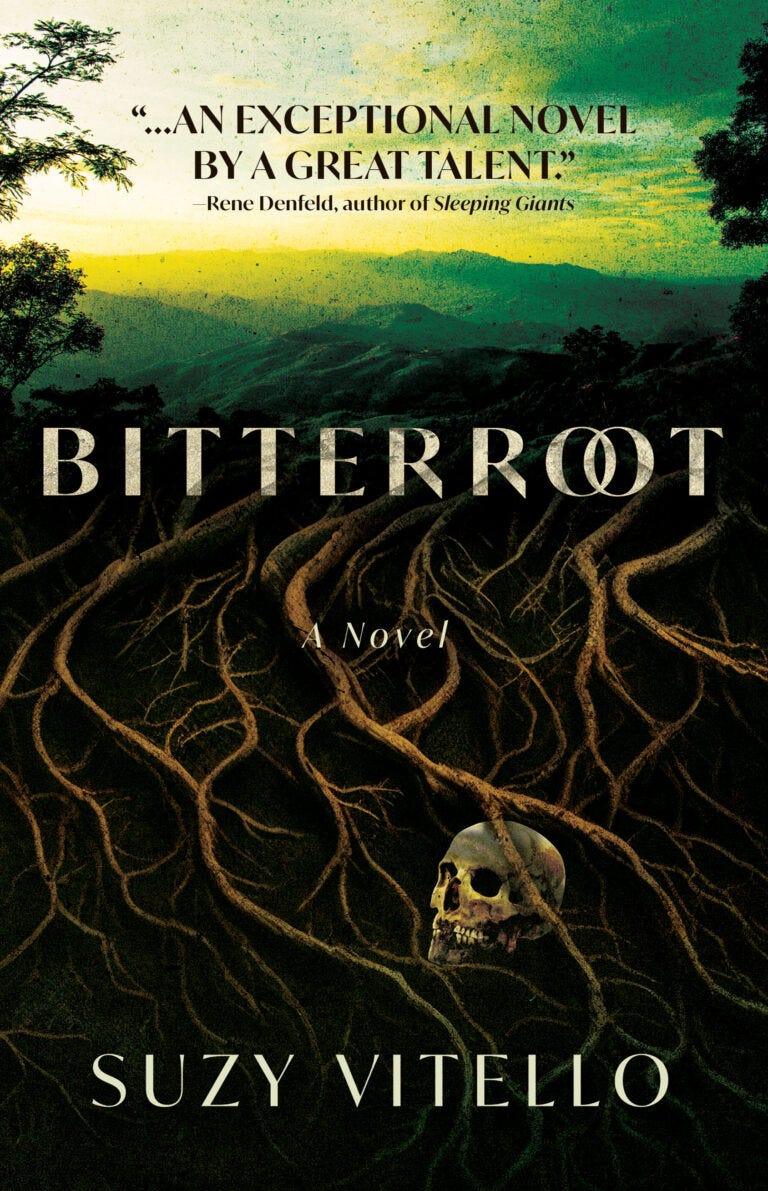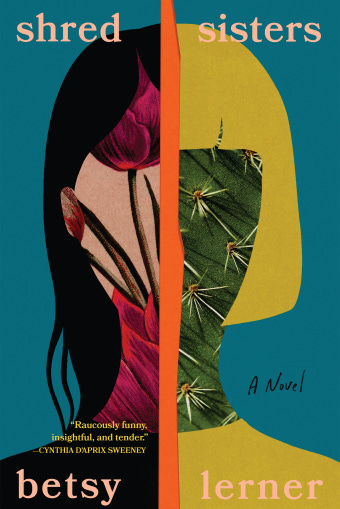I will preface this post by saying that I know the controversy surrounding such an idea as stated in the title. I also understand that the chain of consequence1 is the key to driving escalating tension in prose. That said, having been raised on soap operas and other forms of episodic entertainment, sometimes my personal alignment with a given character (or set of characters, and thus the novel itself) has more to do with psychological proximity than tension.
There, I said it. Waiting for the lightning strike.
If you’ve read any of my novels (beg, hint, plead), you might know that fucked up family dynamics are my jam. Specifically, those involving siblings, grief and questionable choices. I’m a sucker for a sister squabble. I love immersion in overt dysfunction. My Empress YA novels, for instance, imagine an alternate outcome for a historical character, Sissi of Austria, and plunge headlong into the cruel misogyny that dictated Hapsburg-era conquests. In The Moment Before, a dead sister continues to haunt an alive one. In Faultland, three quarrelling siblings navigate Portland after “the big one” devastates their city. In Bitterroot, a young woman returns to a hometown that conspires to strip her gay twin brother of his rights to a family.
Forthcoming from Running Wild Press, September, 2025, THE BEQUEST explores the boundaries of family and assisted fertility. And my newest project, GRIFTOPIA (forthcoming from Sibylline Press, Spring 2026), returns to my favorite theme: sisters in peril.
Each of the aforementioned novels employs the chain of consequence, in that there is indeed plot, and the plot turns on character action. That said, I think my narrative tendency is to lean into characterization and interaction rather than rising external action.
As a reader, I gravitate toward the slow unfolding of character over time. Especially flawed characters. In light of that, my pick of the month is Betsy Lerner’s SHRED SISTERS. The episodes that amass and converge to paint a deeply brilliant portrait of a particular family dynamic, rely on the building of our POV sister’s interactive witness accounts of the “troubled” sister. This happens scene-by-scene. Episodically. Just when you think things couldn’t get worse, grace slides into the narrative, opening the reader’s heart in that satisfying way that is at once unpredictable and universally known. The slap of humanity that, for this reader at least, makes it all worth it.
because of this, this other thing happens







I agree! I love the slow unfolding of complex character. It's what I read, and what I write.
I'm in. I like consequences. FAFO. For me, the hardest thing is plot -- how to make my characters DO THINGS. How do I get her across the room? Do I even need to? I've got setting, dialogue, characters. But plot kills me. So episodic adventure? Yes, I'm all for it.